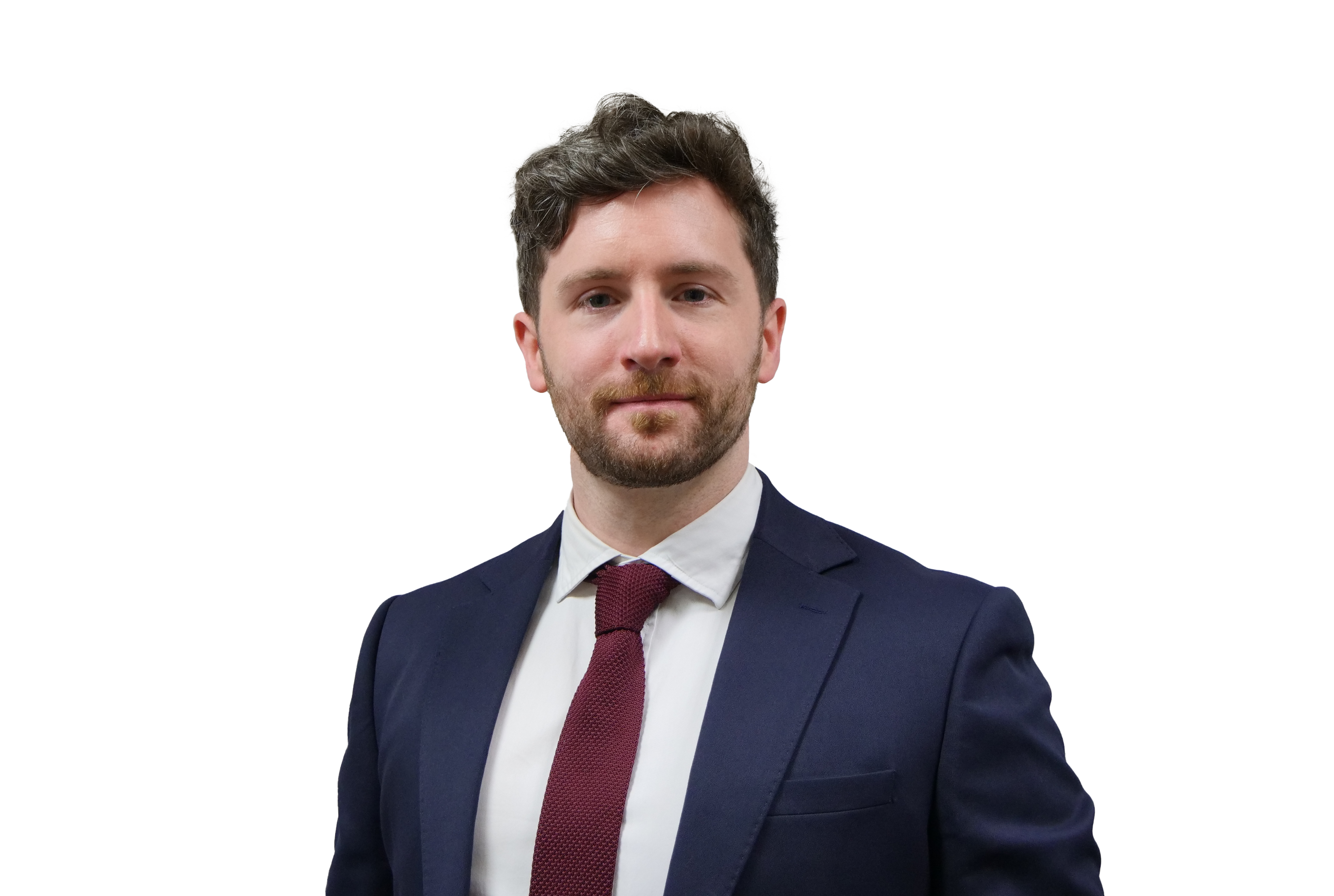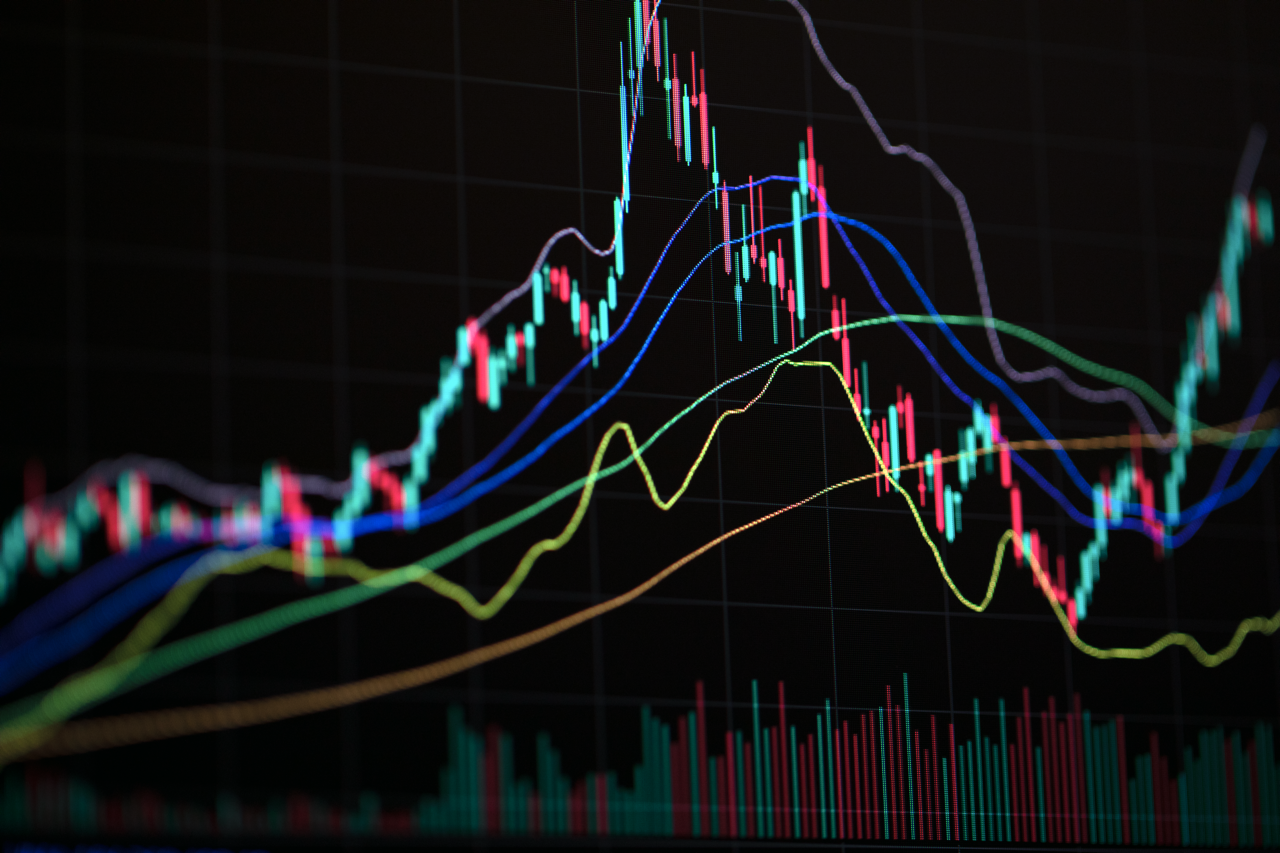An Update from our Head of Equity
The last 12 months to April have been good for Capital’s equity selection, with our holdings outperforming their benchmarks: our UK stocks rose 13.3% versus 7.3% for the FTSE All Share index total return index. At the same time our US outperformed modestly in a more difficult market, returning -1.6% versus -1.9% for the S&P500 total return index.
We discuss below how our stock and sector choices have added value, but it’s worth also dwelling on how our investment philosophy has fed into this.
While we acknowledge that beating the index is difficult, and that passive investments like index trackers or iShares have many attractions, not least due to their low cost delivery of ‘Beta’ or market risk-related returns, we believe that active management can add value in certain circumstances.
First of all, it requires perceptive stock selection (finding companies that will outperform the benchmark), as well as avoiding companies that are likely to do poorly, or underperform the benchmark. But it also requires a high level of ‘active risk’, or difference in portfolio positioning to the benchmark position – this is tantamount to conviction investing. If one believes in a stock then clearly one should hold a higher weighting in it than in the benchmark. Alongside active share, we believe that low turnover is also important, or not buying and selling too frequently. If the stock has a competitive advantage then it should do well over a sustained period of time, so there is no need to sell too early in order to move onto the next thing, as the next thing may not be as good. This is tantamount to the ‘Buffet method’: not over-diversifying, having high conviction positions, and not trading stocks (selling them in the hope of buying them back at lower prices).
Starting with our UK stocks the first quarter of 2022 was tough, and in the early part of the year our holdings underperformed by some 3% after being hit hard by the Russian invasion of Ukraine. We had a big holding in gold miner Polymetal, which fell sharply despite not actually being sanctioned. We also had holdings in other stocks with exposure to Russia, like Mondi, the paper and packaging company. But from April 2022 onwards performance improved.
This was assisted in part by takeovers of two key holdings: Homeserve and Aveva. Homeserve had suffered over the previous 18 months on concerns about its core UK business (which installs and repairs boilers) and had missed profit guidance on several occasions. However, we felt that the market had overlooked its international operations, in particular its US business, and added to the position. The shares touched nearly £6 in March 2022, but two months later in May Brookfield, the Canadian renewables group, stepped in and offered £12 cash for the company. It was one of our biggest holdings and our biggest ‘active’ position.
Our main IT holding in the UK was Aveva, the industrial software company, which had fallen from £45 in 2021 to nearly £20 by mid-2022 in the fallout from rising interest rates over the course of the year. The company had also reduced profit guidance. However, in September 2022 the main shareholder, French industrial giant Schneider Electric, agreed to acquire the 40% of the company it did not already own at a significant premium. We had built up our holding before the announcement.
Our 6% outperformance in UK equities can be attributed between two different effects: allocation effects (which involved overweighting sectors that were going to do well like Financials and underweighting sectors like Real Estate) added 2%, while selection effects (by which we mean stock picking) added about 4%.
In Communication Services we added 1% of value by selling Vodafone and instead focusing on BT, WPP and ITV, backed up with some opportune buying. In Industrials, meanwhile, we added nearly 2% of value – partly from Homeserve, but also from a big position in Bae Systems, a major beneficiary of the renewed international hostilities that have resulted from the Ukraine war. This sector has also benefited in the first four months of 2023 from our position in Rolls Royce, which upgraded full year guidance in February. Our Utilities exposure added 0.8% of outperformance – mainly from a big core position in Centrica, which doubled during last year’s energy squeeze. Financials also benefited from selection/outperformance effects from ABRDN, Barclays, HSBC and Standard Chartered, while Staples benefited from our holdings in Tesco, Marks & Spencer and BAT Industries.
The S&P500 is a hard index to beat but we were pleased that our high active share versus the benchmark worked out there too, albeit outperformance was more modest. In the US outperformance came from allocation effects (overweighting the energy sector and underweighting the Real Estate sector). Meanwhile, we managed positive selection contributions from our holdings in the Consumer Discretionary sector (big relative positions in Lennar and MacDonalds), while good calls on Merck, Amgen, Johnson & Johnson and Stryker enabled outperformance in the Healthcare sector. Our US Industrials also fared well, with Boeing, Eaton and Fedex all doing well, albeit Fedex had struggled in the second and third quarters of 2022.

In Europe, we matched benchmark returns, with asset allocation effects (overweighting the area) offsetting stock selection. Our big individual winners were Deutsche Telekom in Communication Services, and BMW, LVMH and small cap Novem (which makes interior fittings for car) in Consumer Discretionary. In Financials our preferred bank, ING, outperformed strongly, as did Schneider, Siemens and ABB in Industrials, while SAP performed strongly in Information Tech. Losers were our healthcare stocks and our sticking with oil and gas producer Equinor, which performed strongly up until September 2022 but which has lost ground since as gas prices have fallen.
Hopefully this gives an illustration of our effectiveness in adding value through active management of stock selection.
What next? We are hoping for a few more winners over the rest of 2023, and are prepared to place big bets. In the UK, we are hoping for more from Marks & Spencer, which has turned itself round after almost two decades of decline, and from Smith & Nephew, which should benefit as waiting times for replacement operations start reducing. In Europe we expect more from ASML, the maker of highly advanced chip making equipment which is benefiting from an enhanced capital spending cycle. We also hope that Kering, which has underperformed in luxury over the past two years, can recover some lost performance versus its competitors, and are looking for improved margins at Akzo Nobel.
In the US, we hope that Intel can benefit from an upturn later in the year in spending on computer chips as inventories finally reduce. We also hope that the company (which has also been struggling for some time) can tap into AI trends and show progress in moving to lower ‘nodes’. We are also sticking with a big position in Apple, which we see benefiting from the iPhone 15, and in Microsoft, which despite strong performance over the past ten years, still has many things going for it.
Disclaimer: The views, thoughts and opinions expressed within this article are those of the authors and not those of any company within the Capital International Group (CIG) and as such are neither given nor endorsed by CIG. Information in this article does not constitute investment advice or an offer or an invitation by or on behalf of any company within the Capital International Group of companies to buy or sell any product or security or to make a bank deposit.















